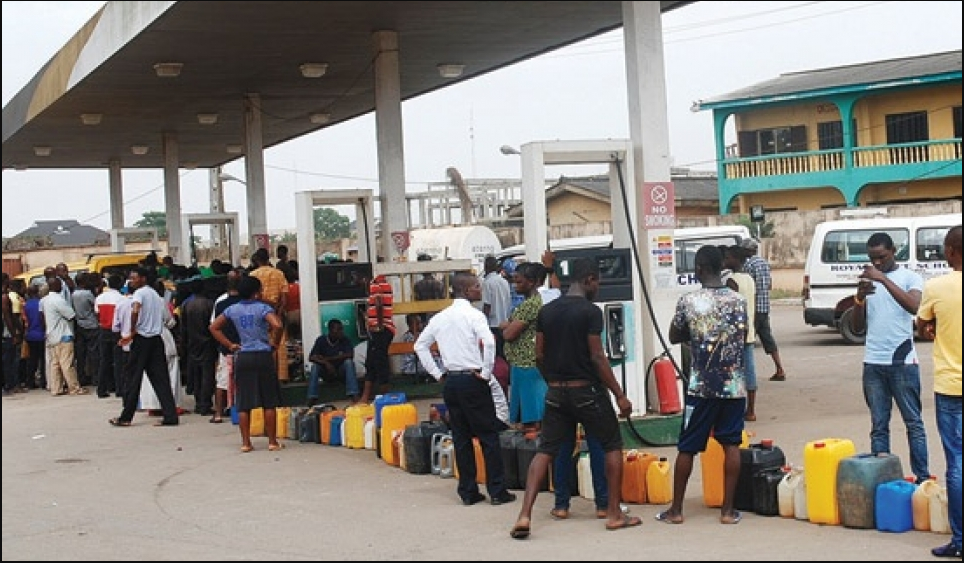The Independent Petroleum Association of Nigeria (lPMAN), the umbrella body consisting of independent petroleum marketers in Nigeria, says the ongoing fuel scarcity being witnessed in some parts of the country, especially Lagos, Abuja, Akwa Ibom, Cross River and other cities in Nigeria may persist beyond 2022 to 2023.
The fuel marketing group said that the sole supplier of fuel in Nigeria, NNPC, is no longer importing enough fuel to serve Nigerians and to meet demand in the country.
IPMAN President, Elder Chinedu Okoronkwo, said marketers could no longer sell at the regulated price because the unsteady supply of petrol had resulted in higher prices at the depots.
“We are experiencing scarcity because the product is not available. The price of a litre of petrol at private depots is currently between N205 and N210 as against N162.50.
“The Nigeria National Petroleum Corporation (NNPC) Ltd., is the sole importer of refined petroleum products, which are not readily available to marketers,” they said.
READ ALSO: IPMAN slams petrol subsidy, proffers solution to fuel scarcity
“Our members bought petrol at over N200 per litre from private depots, making it impossible for them to sell at a regulated pump price. Besides, such a trend is unsustainable given the fact that private depots also sell the product at an unofficial rate different from that of NNPCL.
“When we add the cost of transportation and levies, it will run into N217 per litre. At what prices do you want marketers to sell, knowing fully well that we are in business to make profit?
“Our members are groaning over the increase in cost of petrol from the depot and they suffer a lot to get it. If fuel is there, why will we not sell, but there is no fuel. Our members are selling petrol between N230 and N240 per litre at filling stations,” he added.
The group also said that the Nigerian government was finding it difficult to continue subsidizing the price of petrol and advised that the downstream of the petroleum sector be fully deregulated as a permanent solution to the problem.
They urged the government to allow the private sector to import petrol as is the case with aviation fuel, diesel and kerosene. They also urged the government to remove the monopoly of importation and pronounce total deregulation of the downstream sector.
“Many of our members have closed shop because NNPC is unable to cope with the demand for petrol and most of the product is channeled to neighbouring countries.
“About 50 per cent of the product is leaving the country, NNPC does not have any money to subsidise the entire West Africa, which is not realistic because they do not have money. The best option and the way out is to deregulate the downstream sector, but currently, government cannot deregulate because it’s election period,”
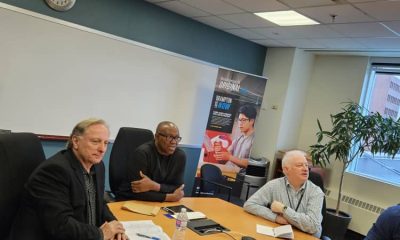
 Latest3 days ago
Latest3 days ago
 Crime5 days ago
Crime5 days ago
 Agribusiness6 days ago
Agribusiness6 days ago
 Business1 week ago
Business1 week ago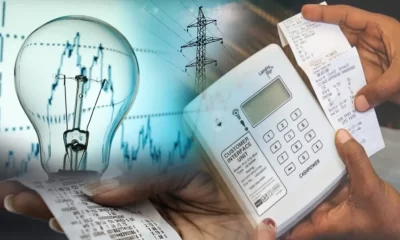
 Business4 days ago
Business4 days ago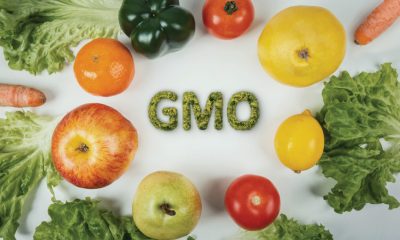
 Agribusiness4 days ago
Agribusiness4 days ago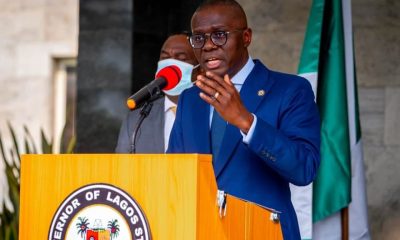
 Business5 days ago
Business5 days ago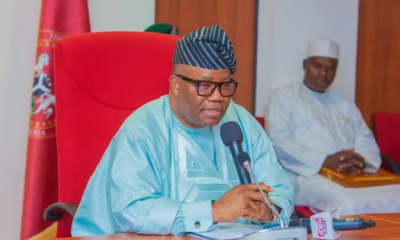
 Featured1 week ago
Featured1 week ago
